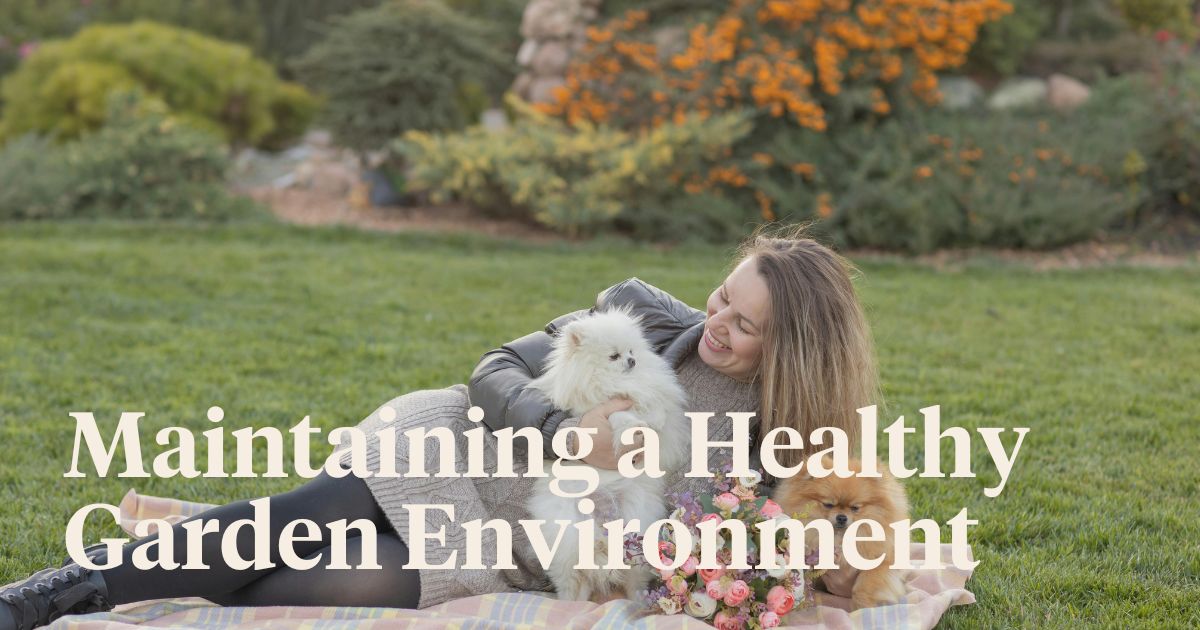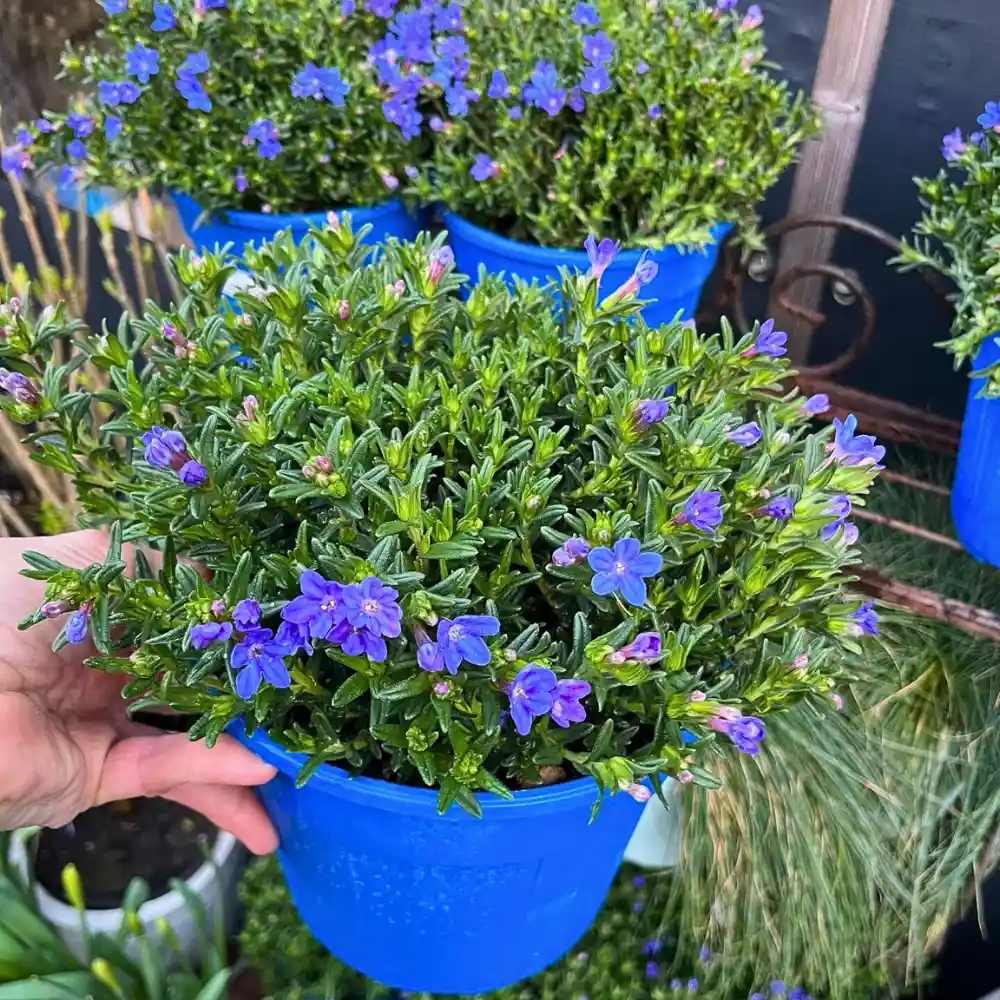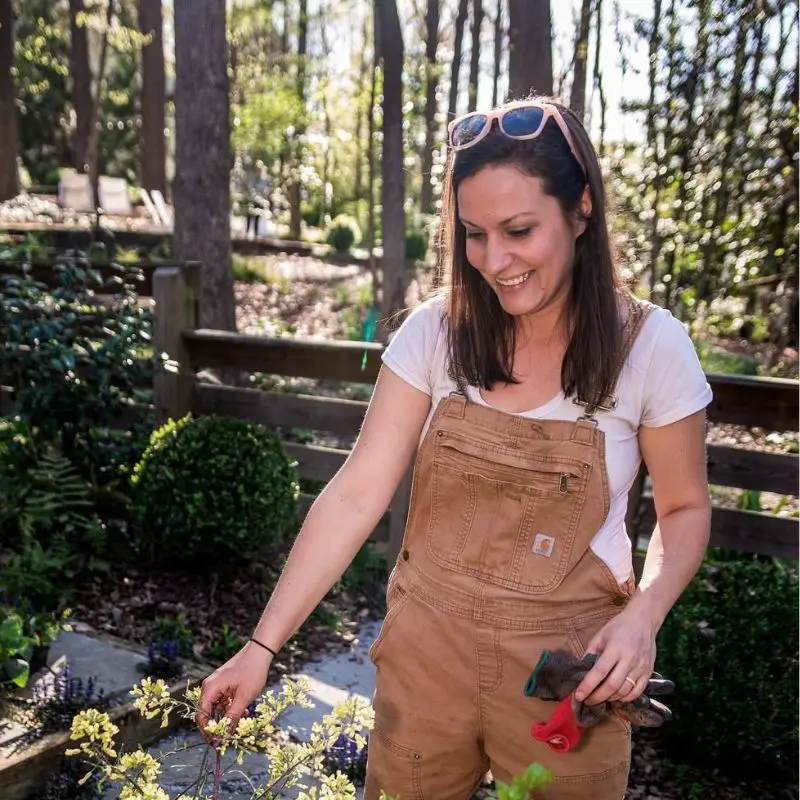Maintaining a thriving garden while keeping pests at bay can be challenging, but it doesn’t have to rely on harsh chemicals. Embracing natural methods to protect your plants offers numerous benefits, including fostering a healthier ecosystem and ensuring safer produce for your family.
By using strategies such as introducing beneficial insects, companion planting, and homemade sprays, you can effectively manage pests without harming the environment.
These eco-friendly practices not only support the overall health of your garden but also contribute to a sustainable approach that nourishes both soil and soul.

10 Ways to Protect Your Garden From Pests Naturally
Protecting your garden from pests doesn’t mean you have to rely on chemicals. Explore these ten natural methods to keep your plants healthy and thriving while staying sustainable.
Use an Eco-Friendly Pest Control Service
If you’re nervous about applying natural pest control methods, it might be time to bring in the professionals. An eco-friendly pest control service like Clarks, for example, can help address stubborn infestations without harming your garden's ecosystem.
These services use non-toxic treatments that target pests while preserving beneficial insects and soil health.
Plus, they provide expert advice on maintaining a healthy garden environment going forward. Partnering with a service dedicated to organic and sustainable practices ensures your garden remains vibrant and productive all season long.
Introduce Beneficial Insects
One effective way to naturally protect your garden from pests is by introducing beneficial insects. These helpful bugs, such as ladybugs, lacewings, and predatory beetles, act as natural predators for common garden pests like aphids and caterpillars.
You can purchase these insects from nurseries or specialty online stores. Release them in your garden, and they will get to work hunting down those troublesome pests.
Over time, these beneficial insects help maintain a healthy balance in your garden ecosystem, reducing the need for chemical interventions and promoting robust plant growth.

Use Companion Planting
Companion planting is a strategic way to protect your garden naturally by growing plants together that benefit each other. For instance, planting marigolds near vegetables can repel nematodes and deter some insect pests. Similarly, basil planted alongside tomatoes can ward off tomato hornworms while enhancing the flavor of the tomatoes.
This approach not only helps reduce pest populations but also improves soil health and overall plant vigor. By carefully selecting companion plants, you create a more resilient garden ecosystem where plants support one another in thriving against various challenges.
Apply Neem Oil Sprays
Neem oil, derived from the seeds of the neem tree, is a powerful organic insecticide that can help control a variety of garden pests. It works by disrupting the life cycles of insects like aphids, whiteflies, and spider mites. To use neem oil, mix it with water according to the label instructions and spray it evenly over your plants every two weeks.
Its natural properties target harmful pests and minimize damage to beneficial insects. With consistent usage, neem oil helps keep your garden healthy and thriving without chemicals.
Build Physical Barriers
Building physical barriers can be an effective way to keep pests at bay in your garden.
Items like row covers, fine mesh netting, and cloches prevent insects from reaching your plants without the need for pesticides. These barriers are particularly useful against flying insects such as cabbage moths and carrot flies. By covering your plants, you create a physical shield that deters pests while allowing light and moisture to pass through.
This simple yet effective method is great for maintaining a pest-free garden environment organically and sustainably, so long as the barriers are made of sustainable materials.

Keep Your Garden Clean
Maintaining a clean garden is essential for preventing pest infestations naturally. Pests are often attracted to cluttered areas where they can hide and breed, such as piles of leaves, weeds, and plant debris. Regularly removing these potential hiding spots disrupts their habitat and reduces their numbers. Trim any overgrown plants and clear out dead foliage to keep your garden tidy.
Additionally, be sure to properly dispose of diseased plants to prevent the spread of infections. A well-maintained garden not only looks better but also creates an inhospitable environment for pests, promoting healthier plant growth. So, don’t forget to keep your garden spick and span.
Rotate Crops Annually
Crop rotation plays a vital role in pest control. By changing the types of crops you plant in each section of your garden annually, you disrupt the life cycles of pests adapted to specific plants.
This method not only helps in controlling pests but also prevents soil depletion and increases its fertility. For instance, after growing nitrogen-fixing legumes like beans one year, switch to heavy feeders like tomatoes the next. Crop rotation confuses pests and minimizes their impact while maintaining soil health, leading to more robust and productive gardens year after year.
Use Homemade Sprays
Homemade sprays can be a simple and effective way to control pests naturally. Common ingredients like garlic, chili peppers, and soap can deter insects without harming your plants. For example, mix a few cloves of crushed garlic with hot water and a dash of dish soap to create a potent spray that repels aphids and other soft-bodied pests.
Similarly, a homemade chili pepper spray can ward off mites and beetles. Applying these sprays weekly keeps pest populations under control while being gentle on the environment.
Install Birdhouses and Feeders
Inviting birds into your garden can significantly reduce pest populations. Birds like sparrows, bluebirds, and wrens naturally feed on insects such as beetles, caterpillars, and spiders.
By installing birdhouses and feeders, you create a welcoming environment that encourages these beneficial birds to settle in your garden. Place birdhouses in safe locations away from predators and fill feeders with seeds suited to the bird species you wish to attract. Over time, these feathered friends will help manage pests organically while also adding life to your space.
Mulch Well
Mulching is a great way to protect your garden from pests naturally. By applying a thick layer of organic mulch such as wood chips, straw, or compost around your plants (all eco-friendly options), you create a barrier that deters weeds and conserves soil moisture.
Additionally, mulch can prevent pest insects like beetles and ants from easily reaching your plants. It also promotes beneficial microbial activity in the soil, enhancing plant health. Spread the mulch evenly and replenish it regularly to maintain its effectiveness. Not only does mulching cut down on pests, but it also improves the overall health and sustainability of your garden.
Protect Your Garden With These Tips Today
Now that you’re equipped with these natural pest control strategies, it’s time to put them into action and watch your garden flourish. By incorporating these eco-friendly methods, you're taking steps toward creating a healthier and more sustainable environment in your backyard.
So grab your gardening gloves, invest in a few beneficial insects, and start experimenting with homemade sprays. Your garden - and the planet - will thank you for it.










